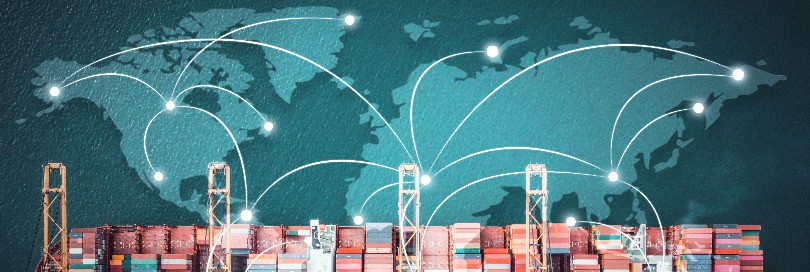- Compliance
Customs compliance: Are you doing the right thing? Try these quizzes today!

Adobe Stock
- Topic: origin risk management transit
- Copyright of the journal: CC Learning, UAB
Comments ()
To post a comment you need to